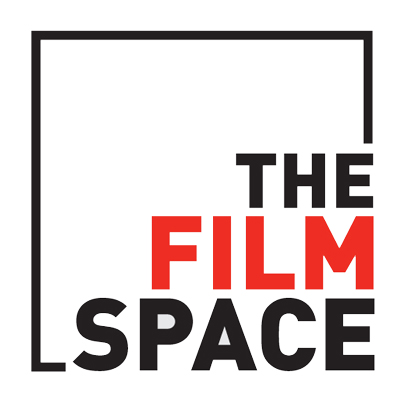Sound and Vision
This session looked at practical ways of using image and sound together in children’s filmmaking: starting with the image, starting with the sound, and developing image and sound together. - Tom Barrance
Sound and Light
Many promising student video productions are marred by poor (or no!) lighting and indifferent sound. Doing exactly what it says on the tin, this workshop considered these two important elements of the creative process and focused on the expressive effects that can be achieved even with the simplest equipment. Participants worked in groups to devise their own son et lumière. - Martin Phillips and Tim Arnold
Postcards in Sound & Moving Image (1)
This workshop explored some strategies for combining sound and image in a non-narrative, non-documentary form that have been deployed in the on-going Sonic Postcards project. Over the course of a two-hour practical session participants took a journey, collecting sounds using portable sound recorders, editing these together into a soundscape; generating and animating text and creating hand-drawn abstract animation, all through the creative use of ICT. Finally the sound and visual elements were combined to create a ‘sonikinetic’ postcard. - Duncan Chapman
Losing the Edit - Shots in Sequence
Do we need editing software to make films that work, or is it possible to create quality filmed outcomes without the footage leaving the camera? In-camera editing enforces discipline into filmmaking as students decide in advance which shots are essential in conveying meaning. Valuable as a stand-alone technique, it can also function as a starting point for learning about the editing process. This workshop begins with a critical exploration of the editing process, including viewing of a range of sequences, and moves on to explore the possibilities in-camera editing offers for learners at all levels. - Emma Bull
Image to Sound to Image
This workshop was based on Media Education Wales’ recent projects with Year 6 and 7 children and with adults. In this workshop we looked at different relationships between sound and image; how you can use moving images to stimulate poetry writing and performance; using digital cameras to explore metaphor; the process of planning a soundtrack; and using Final Cut Express semi-professional editing software to add movement and effects to still images. - Tom Barrance
Evaluating Collaborative Video Projects
This workshop explored the use of media wikis, blogging and podcasting as a tool for collaborative creativity in the classroom. During this workshop participants were encouraged to contribute to a collaborative environment by wiki entries, making blog entries. Participants also created podcasts and post them to the collaborative environment. - David Baugh
Creativity and Digital Video
"My presentation at the conference included a description of the Becta DV Pilot Project and a summary of the lessons learned from this and subsequent initiatives such as the Creativity in Digital Media Awards." - Tom Barrance, Director, Media Education Wales
Creating a Scene
This workshop was informed by the central tenets of the conference – the connections and continuities between the critical, the creative and the cultural; to connect some of the themes from my Critical workshop and the various keynotes and to provide a basis for delegates to develop their thoughts and ideas onto the creative group task. The ultimate objective was of course to give delegates the confidence to produce effective and engaging creative projects with their students. - Jane Dickson
Creating a Narrative
"This workshop considered the implications that digital technology has for creating narrative and meaning in relation to the values ascribed to media by different disciplines: English teachers may favour film; Art teachers, photography, for example." - Jane Dickson
